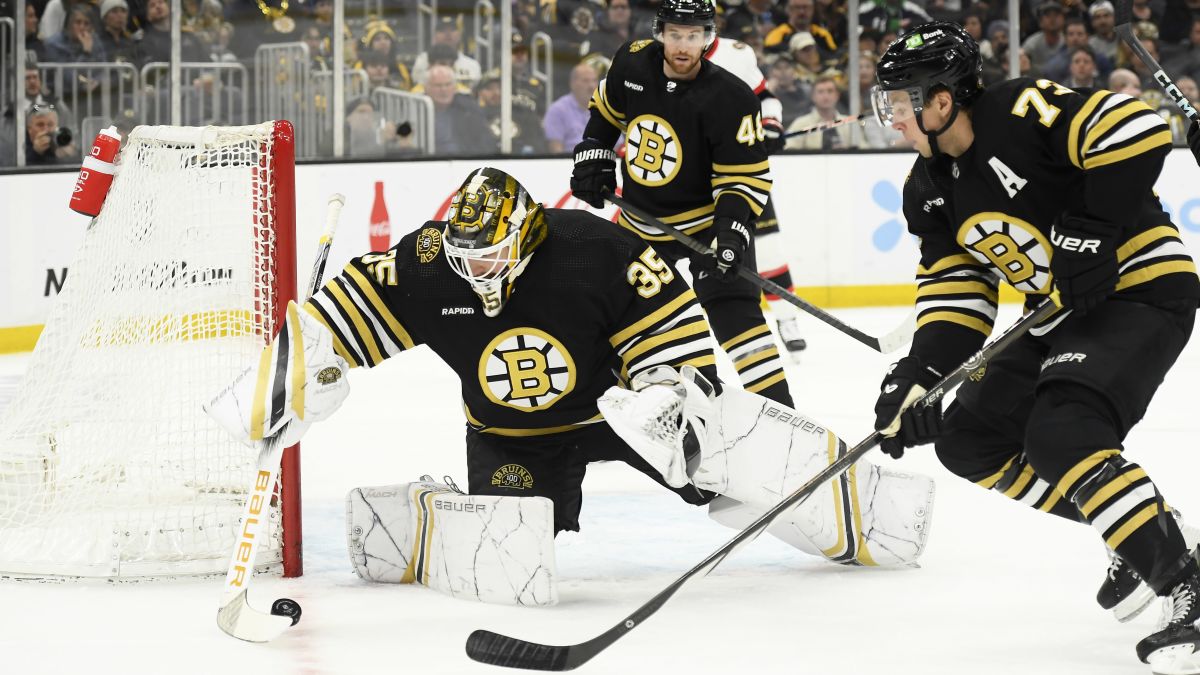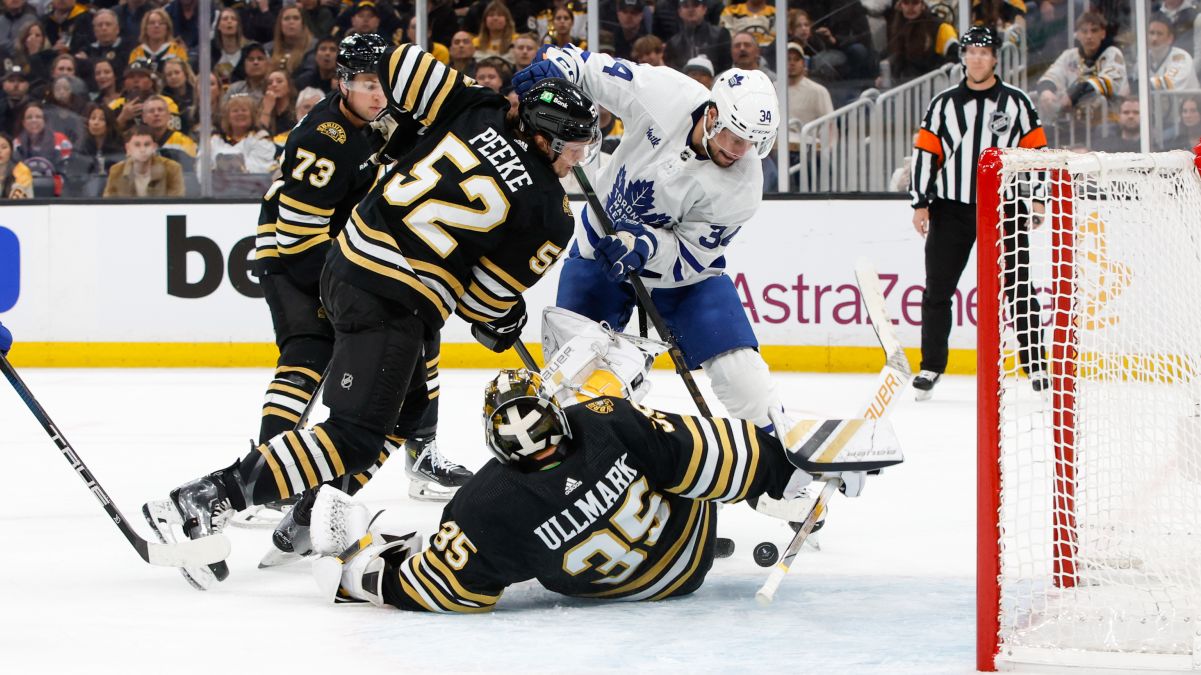The encouraging news is the headline here. Let’s make no mistake about it. The NHL became the first major professional sports league to announce an official format to return to play in North America from the COVID-19 crisis with a 24-team tournament.
The timetable to start the Stanley Cup playoffs is to be determined and they haven’t even decided on the location of any hub cities at this point, so we’re still a long way off from playing any playoff games at all. The hope is that the players will be skating on their own at NHL facilities next month and that training camps will be opened sometime after July 1.
Get the latest news and analysis on all of your teams from NBC Sports Boston by downloading the My Teams App
That is a major step forward in the right direction and an encouraging sign that the NHL will be back this summer. All of that is great news for hockey fans, of course, and an optimistic development when it comes to the subject of returning to some kind of quasi-normalcy at some point over the next handful of months.
“Let me assure you that the reason we are doing this is because our fans are telling us in overwhelming numbers they want us to complete the season if it all possible. Our players and our teams are clear that they want to play and bring the season to its rightful conclusion,” said NHL commissioner Gary Bettman on NBC Sports Network while announcing the return to play format. “I want to make clear that the health and safety of our players, coaches, essential support staff and our communities are paramount. While nothing is without risk, ensuring health and safety has been central to all of our planning so far and will remain so.”
The NHL hopes to test players on a daily basis by the time they get back to playing actual games this summer, and temperature checks, isolation from others away from the rink and proper social distancing sound like they will become the norm for everybody involved with putting on the games.
Bettman went on to say that NHL training camps wouldn’t open prior to July 1 and that means any playoff games wouldn’t begin until late July/early August at the earliest with a postseason that could push into September. So we’ll have a long time to discuss and dissect everything about this proposed return to play for the NHL, and how it’s potentially going to impact the Boston Bruins.
Certainly, the Bruins could complain about being screwed by the new format as they should have been the no-doubt No. 1 seed in the playoffs. They ended the season as the only NHL team with 100 points and they were a lock to win the President’s Trophy while earning home ice during their entire postseason run.
Boston Bruins
Now the Bruins will be the top Eastern seed at the start of the 24-team tournament, but that could change based on the round-robin warm-up tournament between the B’s, Lightning, Capitals and Flyers while the play-in games are being played. If they theoretically dropped all three games against the other top seeds, then they would drop all the way to the fourth seed and would presumably be relegated to a first round match-up against a loaded, rested Pittsburgh Penguins club.
It would have been defensible if the Bruins had even voted against this format when the NHLPA reps voted on it last week, but instead they accepted it rather than bellyaching like the crybaby Carolina Hurricanes.
The circumstances are quite a turnaround for a Bruins team that was looking at a first round match-up against the No. 8 seed if things had proceeded normally through the end of the regular season. Bettman said it was an inevitable adjustment as the NHL didn’t want to have the top teams sitting around without knocking any rust off prior to engaging in high-intensity playoff games.
“The theory was, and this was something we had discussed with the players, that they didn’t want to have to play a team that came out of the qualifying series [while being] cold,” said Bettman, who indicated the round-robin games would be played with the regular season format and wins/losses would convert to points similar to pool play in the Olympics. “They wanted some real competition. This was our way to do it. This was from the Return to Play Committee that had five players on it, and this made sense to give them a bye, not put them at substantial risk and give them some real competition.”
Don’t expect to hear the Bruins complain about the format, however.
They got every break imaginable last season when each of the No. 1 seeds lost in the first round of the playoffs, had home ice in every round and still ended up losing in Game 7 to the St. Louis Blues last spring. The Bruins know as well as anybody that to hoist the Stanley Cup a hockey team needs to win no matter what format is thrown at them and no matter what opponents they end up facing along the way.
And that’s all that really matters. Rather than complaining about the imperfections or unfairness of a format invented because of the COVID-19 outbreak around the world, the prevailing thought of today should be that hockey took one step closer to happening.


